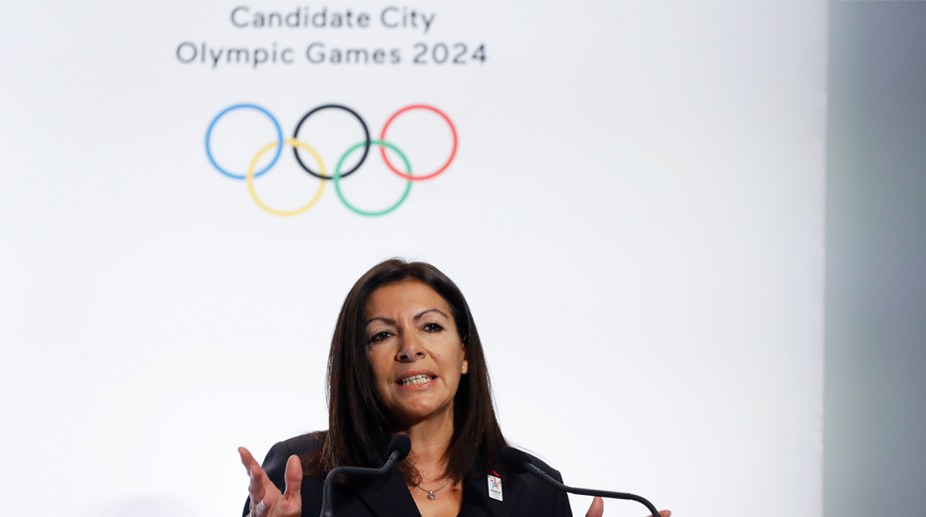After learning the hard lessons from three painful failures, Paris is on the point of finally clinching the biggest prize in sports, the right to host the 2024 Olympic Games.
By taking on board IOC chief Thomas Bach's bid recommendations, the French capital has finally succeeded where it failed agonisingly in 1992, 2008 and 2012.
Advertisement
Paris effectively secured the right to host the 2024 Games after it emerged Los Angeles, its only remaining rival, had reached a deal with the International Olympic Committee to accept to host the 2028 Games instead, in a double deal favoured by Olympic officials.
Other potential candidates — Rome, Budapest, Hamburg and Boston — all dropped out of the process amid increasing public opposition to an event that had become associated with wasteful spending, heavy deficits and white-elephant construction.
On his election Bach called for change, demanding cost-effective, streamlined and sustainable projects which placed athletes at the centre of the Olympics.
Paris responded with a low-cost bid using existing infrastructure, structured to regional needs and designed to leave a meaningful legacy.
So with a tight-knit, well focused bid team, a truce from political infighting, and a stunningly beautiful city possessing a fully functioning infrastructure, Paris presented a tough bid that proved hard to resist.
Swimming in the Seine, beach volleyball and boxing beneath the Eiffel Tower, tennis at Roland Garros, events on the Champs de Mars, the Trocadero, Les Invalides, the Grand Palais — a magical backdrop for the Olympics that clearly impressed the International Olympic Committee.
"Paris' iconic monuments will form a very strong centre of life," IOC vice-president Patrick Baumann said in May while visiting to check out the bid.
The bid was conceived on a human scale despite the monuments, with €7 billion ($8.2 billion, £6 billion) earmarked for a Games where only an aquatics centre and an Olympic village need to be built from scratch.
The bid assessors in May were impressed to find the Olympic village planned for the failed 2008 bid had been built anyway, as a housing project in a regenerated deprived area of the Paris suburbs beside the national stadium the Stade de France.
The cast of characters that won the Games for Paris included former chairman of World Rugby Bernard Lapasset, who led the bid campaign along with triple Olympic canoe champion Tony Estanguet. French poster boy and eight time world judo champion Teddy Riner and others played prominent roles in the campaign.
Politicians took a back seat in a calculated move to reverse the mistakes of previous years when athletes formed the supporting cast.
"We have given serious financial guarantees and, above all, we have shown the importance of the sportsmen in the candidature.
"Even (ex) president (Francois) Hollande agreed to fade behind them," Lapasset said in 2016, showing a photo from 2005 with former president Jacques Chirac flanked by all the major political players, taking centre stage at a failed bid for 2008.
Paris Mayor Anne Hidalgo has avoided the spotlight but the Spanish-born first ever female to hold the post has never wavered in her support for the Olympic bid.
Current President Emmanuel Macron was full throttle behind the bid too, as are most of the French public.
Macron says 2024 is "the right moment" for Paris to host again, a century after they last hosted the Games in 1924, and that as president he was keen to rally the country around a cause like the Games.
"It is a question of morale. It is good for a country to mobilise and back a project," he said.











